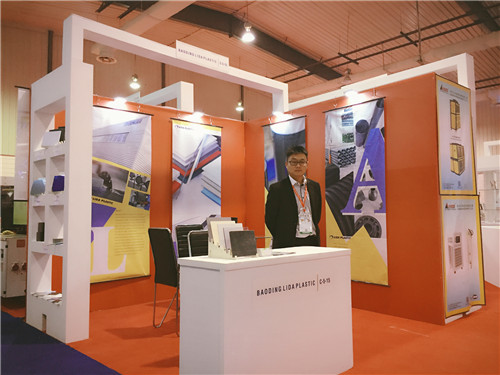dec . 26, 2024 09:43 Back to list
hdpe plastic pipe
The Versatility of HDPE Plastic Pipe
High-Density Polyethylene (HDPE) plastic pipes have gained significant popularity in various industries due to their exceptional durability, flexibility, and resistance to corrosion and chemicals. With the ability to be used in a wide range of applications, HDPE pipes are proving to be a sustainable and cost-effective solution compared to traditional materials like metal and concrete. This article aims to explore the features, benefits, and applications of HDPE plastic pipes, highlighting their role in modern infrastructure.
Understanding HDPE
HDPE is a thermoplastic polymer made from petroleum. The manufacturing process involves the polymerization of ethylene, resulting in a material that is lightweight yet extremely strong. HDPE's molecular structure gives it a high degree of density and rigidity, making it resistant to impact and capable of handling high-pressure applications. It also has a smooth internal surface, which reduces friction loss when transporting fluids.
Key Benefits of HDPE Pipes
1. Durability and Longevity HDPE pipes are known for their excellent resistance to external forces, including impact, stress, and temperature fluctuations. They are not prone to corrosion or rust, which significantly extends their lifespan. HDPE pipes can last for 50 years or more, making them a reliable choice for long-term projects.
2. Flexibility and Lightweight One of the standout features of HDPE pipes is their flexibility. They can be bent without breaking, making them easier to install, especially in challenging terrains. Additionally, being lightweight reduces transportation costs and simplifies handling on-site.
3. Chemical Resistance Unlike metal pipes, HDPE pipes do not corrode when exposed to harsh chemicals. This chemical resistance makes them suitable for a variety of applications, including industrial systems, agricultural irrigation, and wastewater management.
4. Reduced Friction Loss The smooth inner walls of HDPE pipes minimize friction, allowing for efficient flow rates and energy savings in pumping systems. This property is particularly beneficial in water supply and drainage applications.
5. Environmental Impact HDPE is a more environmentally friendly option compared to traditional piping materials. It is recyclable, reducing waste in landfills. Furthermore, the installation of HDPE pipes often requires less excavation and has a lower carbon footprint.
hdpe plastic pipe

Applications of HDPE Plastic Pipes
Given their numerous advantages, HDPE pipes are utilized across various sectors. Here are some key applications
1. Water Supply Systems HDPE pipes are commonly used for potable water distribution due to their resistance to corrosion and chemical leaching. They can effectively transport drinking water without compromising its quality.
2. Wastewater Management In sewage and drainage systems, HDPE pipes have become a preferred choice due to their ability to withstand harsh environmental conditions and their smooth interior that prevents blockages.
3. Gas Distribution HDPE’s impermeability to gases makes it ideal for transporting natural gas. Its flexibility allows for easier installation in complex environments, enhancing safety and reliability.
4. Mining In the mining industry, HDPE pipes are used for transporting slurry and other heavy materials due to their strength and flexibility. These pipes can withstand the rigors of harsh mining environments.
5. Agricultural Irrigation Farmers are increasingly using HDPE pipes for irrigation systems. Their lightweight nature simplifies installation, and the ability to withstand chemicals makes them ideal for transporting fertilizers and pesticides.
6. Telecommunications In the telecommunications sector, HDPE pipes are used as conduits for fiber optic cables and electrical wiring, providing excellent protection from environmental factors.
Conclusion
The benefits of HDPE plastic pipes make them an invaluable asset across a range of industries. Their longevity, flexibility, and resistance to corrosion and chemicals align perfectly with the demands of modern infrastructure. As we continue to shift toward more sustainable practices, HDPE pipes will likely play an even more significant role in shaping the future of construction, agriculture, and utility management. With ongoing innovations and advancements in materials science, the applications of HDPE plastic pipes will only expand, paving the way for more efficient and eco-friendly solutions in the years to come.
-
Durable PP Rigid Sheet: Lightweight, Chemical Resistant Solutions
NewsAug.21,2025
-
PVC Grey Sheet for Extraction: Chemical Resistant & Durable
NewsAug.19,2025
-
Durable PVC Pipe Fittings for Plumbing & Irrigation Needs
NewsAug.18,2025
-
HDPE Steel Belt Reinforced Spiral Corrugated Pipe | High Strength
NewsAug.17,2025
-
HDPE Pipe Fittings: Durable, Leak-Proof Solutions
NewsAug.16,2025
-
Premium CPVC Sheet: High-Temp & Chemical Resistant Solutions
NewsAug.15,2025

